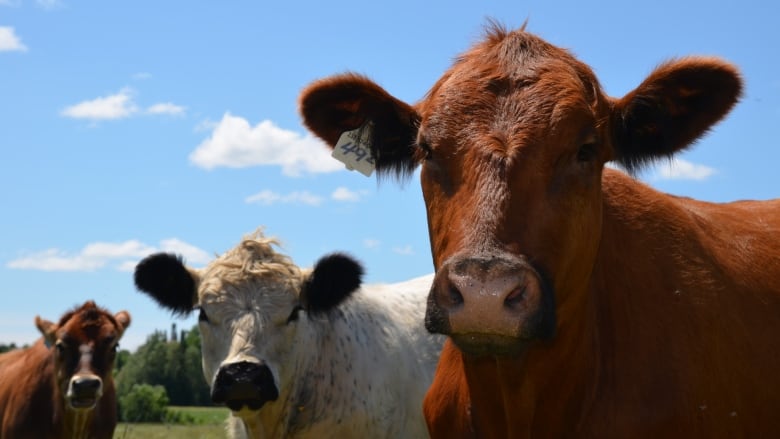Livestock Producers Receive Tax Relief for 2019

The Government of Canada today released the final list of designated regions where livestock tax deferral has been authorized for 2019 due to extreme weather conditions
The livestock tax deferral provision allows livestock producers in prescribed drought, flood or excess moisture regions to defer a portion of their 2019 sale proceeds of breeding livestock until 2020 to help replenish the herd. The cost of replacing the animals in 2020 will offset the deferred income, thereby reducing the tax burden associated with the original sale.
“Extreme and unpredictable weather made 2019 a very difficult year for many livestock producers across Canada,” stated Marie-Claude Bibeau, Minister of Agriculture and Agri-Food. “It is a priority for our Government to help our farmers and ranchers get the resources and support they need to manage and rebuild their herds.”
Low moisture levels resulted in significant forage shortages for livestock producers in British Columbia, Alberta, Saskatchewan, Manitoba, Ontario and Quebec in 2019. One option for producers is to reduce their breeding herd in order to manage feed supplies.
“The criteria for identifying regions for livestock tax deferral is forage shortfalls of 50 percent or more caused by drought or excess moisture”
On July 22, 2019, the Government announced the initial list of prescribed regions in British Columbia, Alberta, Saskatchewan, Manitoba and Quebec for livestock tax deferral purposes. Ongoing analysis of drought conditions and excess moisture has indicated the need to expand the list of designated regions for 2019, with new regions identified for British Columbia, Alberta, Saskatchewan, Manitoba, Ontario, and Quebec.
The criteria for identifying regions for livestock tax deferral is forage shortfalls of 50 percent or more caused by drought or excess moisture. Eligible regions are identified based on weather, climate, and production data, in consultation with industry and provinces. (See attached Map for designated regions)
Eligibility for the tax deferral is limited to those producers located inside the designated prescribed areas. Producers in those regions can request the tax deferral when filing their 2019 income tax returns.
In addition to the livestock tax deferral provision, producers have access to assistance through existing Canadian Agricultural Partnership Business Risk Management programs, which include AgriInsurance, AgriStability and AgriInvest.
Agriculture and Agri-Food Canada (AAFC)












